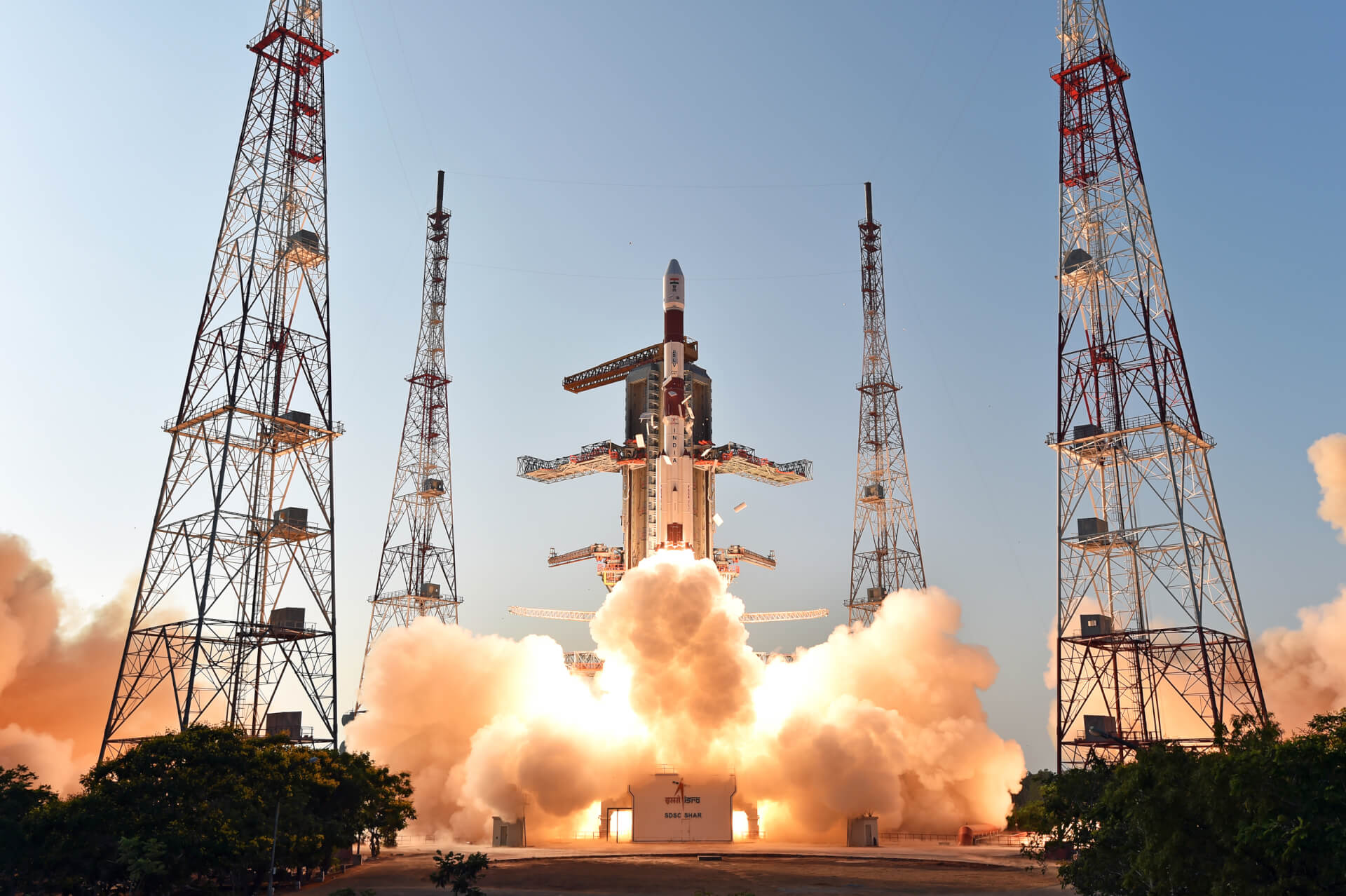Overview
On Thursday, the Union Cabinet of the Indian government approved the Indian Space Policy 2023, which aims to institutionalise and facilitate the private sector in the space industry.
To this end, private companies will be allowed to purchase satellites, rockets, and launch vehicles, and collect and disseminate data.
The document specifies the roles and responsibilities of organisations in the industry, including the Indian Space Research Organisation (ISRO), NewSpace India, and other private companies.
Officials Celebrate New Policy
Giving indications about the details of the policy, Union Minister Jitendra Singh said, “In brief, it will offer clarity in the role of the components set up.”
He added that the 2023 document would provide a fresh impetus to the activities of space organisations and provide funding for research, academia, and start-ups.
ISRO’s chair S. Somanath said that the policy allows smaller private players to use the organisation’s facility by paying a small fee. This will help develop new infrastructure so that ISRO can shift its focus from operation and production to innovation and research and development.
Gratitude to PM @narendramodi ji for his farsighted vision in envisioning the space industry as a major pillar for India’s all-round progress in the 21st century.
— Dharmendra Pradhan (@dpradhanbjp) April 6, 2023
Indian Space Policy 2023 will be a game-changer in making India self-reliant & a top player in the space industry.
Meanwhile, India Space Association’s Director-General Lt. Gen. AK Bhatt celebrated the 2023 policy as a “historic moment” for India as it provides the “much-required clarity in space reforms” and will “augment private industry participation to drive the space economy opportunity for the country.”
He added that the industry had been eagerly awaiting an announcement that would introduce “long-due reforms in the India space sector.”
Gradual Developments
In 2020, India opened up the space industry to private players. It set up the Indian National Space Promotion and Authorisation Centre, which provided approvals and resources to private players on a case-to-case basis.
Since then, over 200 start-ups have been launched, with several looking to develop infrastructure to facilitate satellite launches.
Congratulations to @isro, @DRDO_India, and @IAF_MCC for demonstrating India's increasing space capabilities through the successful execution of the Reusable Launch Vehicle Autonomous Landing Mission.
— Nitin Gadkari (@nitin_gadkari) April 2, 2023
Indian scientists' dedication and ingenuity have led to unprecedented… pic.twitter.com/lUYNhB4Awd
While the policy makes the industry more accessible for private players, the industry is awaiting a formal bill that can delineate the specifics of commercially using space.
In addition, the industry is struggling with a shortage of funds and low budgets. As compared to the US and China, both of which are leading the space race, India only has 2% of the global market share in the space industry.
Nevertheless, government estimates suggest that the space industry will likely become a $50 billion industry by 2024, significantly higher than $7 billion in 2019. However, an independent figure published by the Indian Space Association and Ernst and Young said that India’s space economy will be worth $13 billion by 2025.

